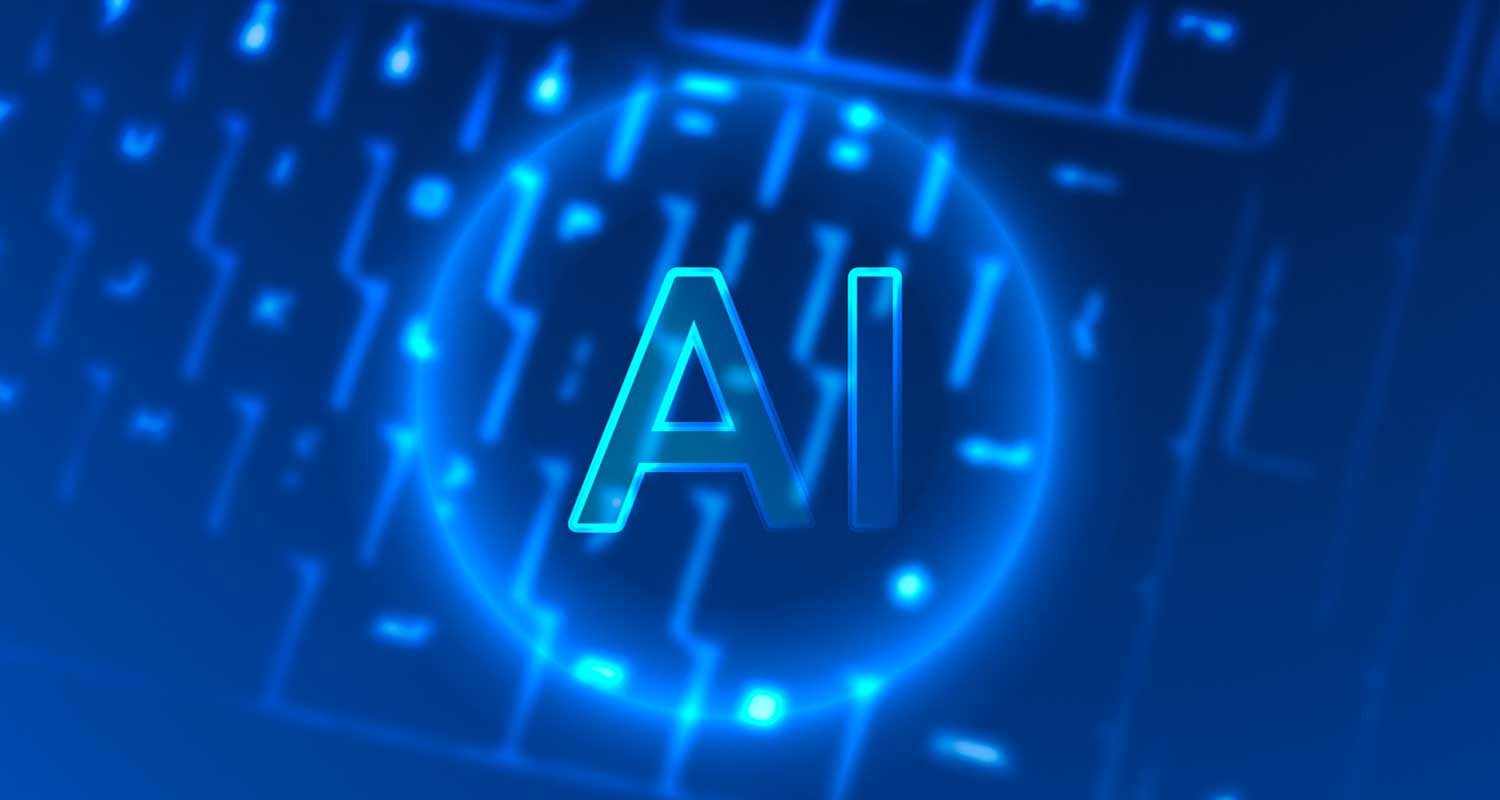 When I was young, I was in the car with my dad and best friend, driving from Johannesburg to Durban. I remember we were talking in the back seat when my friend said he is sad that everything has already been invented. My dad immediately responded, “You can’t think like that”, and proceeded to explain to us that people who thought like never had any ideas.
When I was young, I was in the car with my dad and best friend, driving from Johannesburg to Durban. I remember we were talking in the back seat when my friend said he is sad that everything has already been invented. My dad immediately responded, “You can’t think like that”, and proceeded to explain to us that people who thought like never had any ideas.
At the start of LSD, which was early 2000, we installed Linux. That was it, just Linux. LSD originally stood for Linux System Dynamics, and it was the mission of LSD to install Linux on servers instead of Microsoft. For us, Linux was the future – the cool new technology that we had to share with the world, and that is what we did: installed Linux on one server at a time.
At the heart of it, we were really just some kids playing with new technology – it is what we could do better than anybody else. Later, we started to expand into newer technologies, like databases, mail servers and containerisation platforms that nobody had heard of, but which we knew were the future.
Today, LSD’s purpose is “accelerating you into the future”. For nearly 20 years, we have been forever looking to the horizon for what is new and cool and that could help us and our customers accelerate into the future. One of our core values is “Smart”, which we define as, “When we think ‘smart’, we think ‘next level’ – doing things in a completely different way, in a smarter way”.
Why am I telling you all this? Because I now believe we are seeing something that will accelerate everyone into the future. You know what I am going to say: AI. But do you know what I am going to say next?
AI is important to humans because it can automate tedious and repetitive tasks, allowing us to focus on more creative and complex work. AI can help us make better decisions by analysing vast amounts of data and identifying patterns that would be difficult for humans to recognise. AI can improve our daily lives by enabling personalised experiences such as virtual assistants that can help us with tasks and provide recommendations based on our preferences.
I didn’t write this
The above paragraph took me 15 seconds to create, five seconds to copy and paste, and 10 seconds to type the prompt, “Tell me in 3 sentences why AI is important to humans and how it can help us accelerate into the future” into ChatGPT. I didn’t create a word of it. Okay, so I saved myself five minutes, hooray, but what happens when I run a company of 50 people who can each save themselves five minutes every day? Or when my marketing team can create unique graphical images using AI in five minutes by typing in a simple, single sentence, rather than taking five hours to do it manually. Or when my project managers can join virtual meetings, use AI transcript tools to record the meetings in text, summarise them using ChatGPT, automatically generate tasks, and then automatically feed the notes and tasks in my cloud-based CRM system? Not impressed? Create me an Ansible task that sets the DNS for all my Linux servers to 1.1.1.1 and 8.8.8.8. Go have a look, it can do even that!
When I see what these AI tools can do, two thoughts come to mind: efficiency and “time-to-idea”. Efficiency to me is aimed at my people and customers. How can I do more for my clients with less, and how can I give my people more time back? To my clients I can say, “I can do 20 automation tasks for you, instead of five”, and to my people I can say, “That four-day work week we’ve been talking about might just be possible.” I see AI enabling my people to produce more while giving them a better quality of life, by giving them back time.
The more exciting part is that AI shortens the “time-to-idea”. Not a day goes by without someone coming to me with a new idea for the business, but it will require a website, analysis of large data, an event we need to market and design logos for … and, and, and. I see AI as the ultimate tool to shorten the time-to-idea. Ideas are free, but executing on them is difficult and time-consuming. But what if it wasn’t? What if we could make our idea come to life in a few days, instead of a few weeks? AI will allow our ideas to explode, and that is something worth thinking about.
About Neil White
For the past 20 years, Neil White has been playing with all the coolest open-source applications that you would find in any large enterprise, with a focus on new tools. He got my hands dirty with Kubernetes, from version 1.0, and from there quickly realised how complex the modern cloud-native application world is. For now, he is letting go of playing with the technical world and focusing his energies on the business side in helping run the coolest company in the world: LSD. Connect with White on LinkedIn.
- Read more articles by LSD on TechCentral
- This promoted content was paid for by the party concerned




